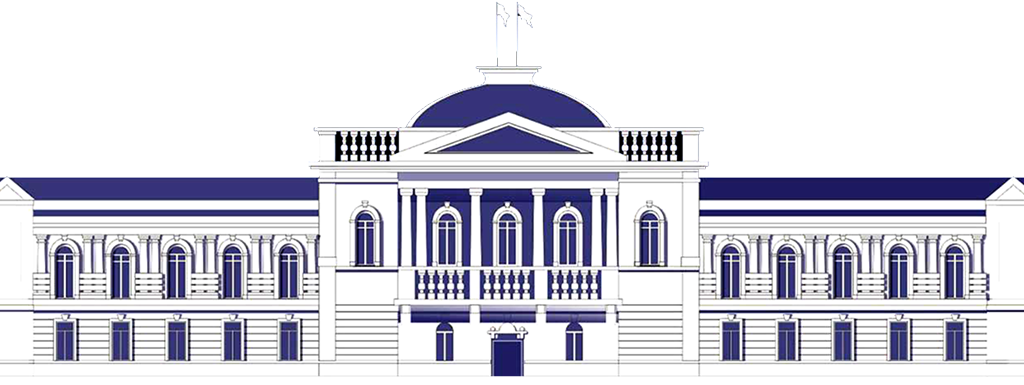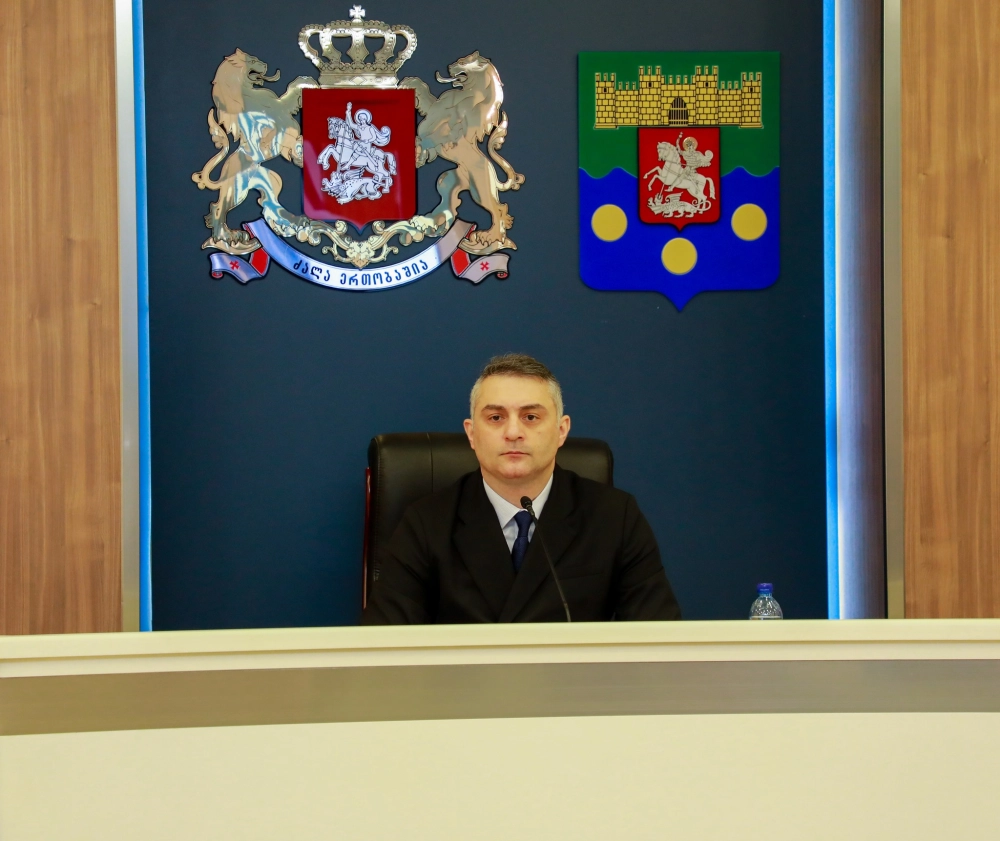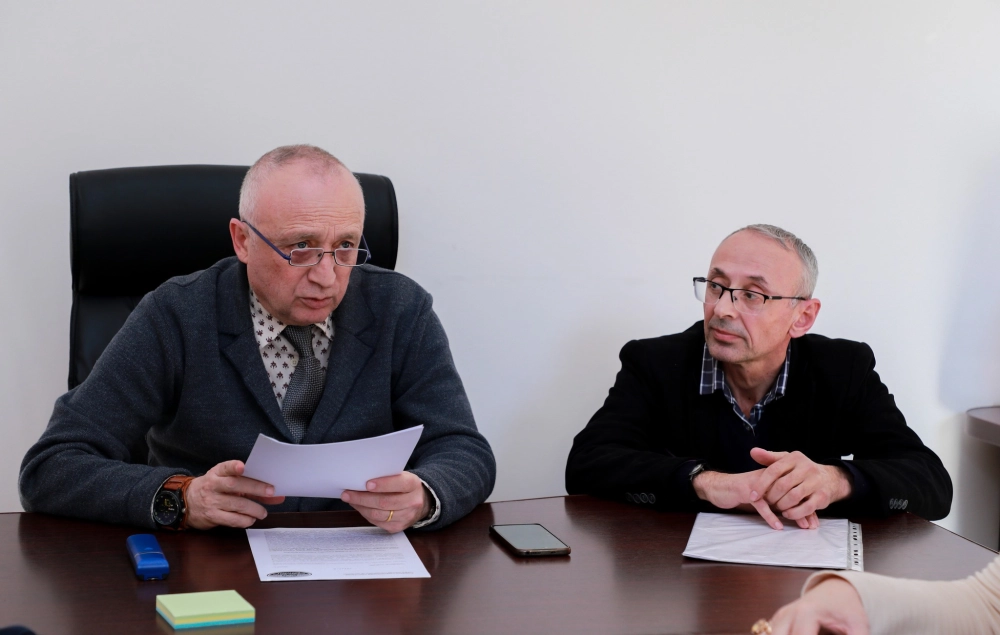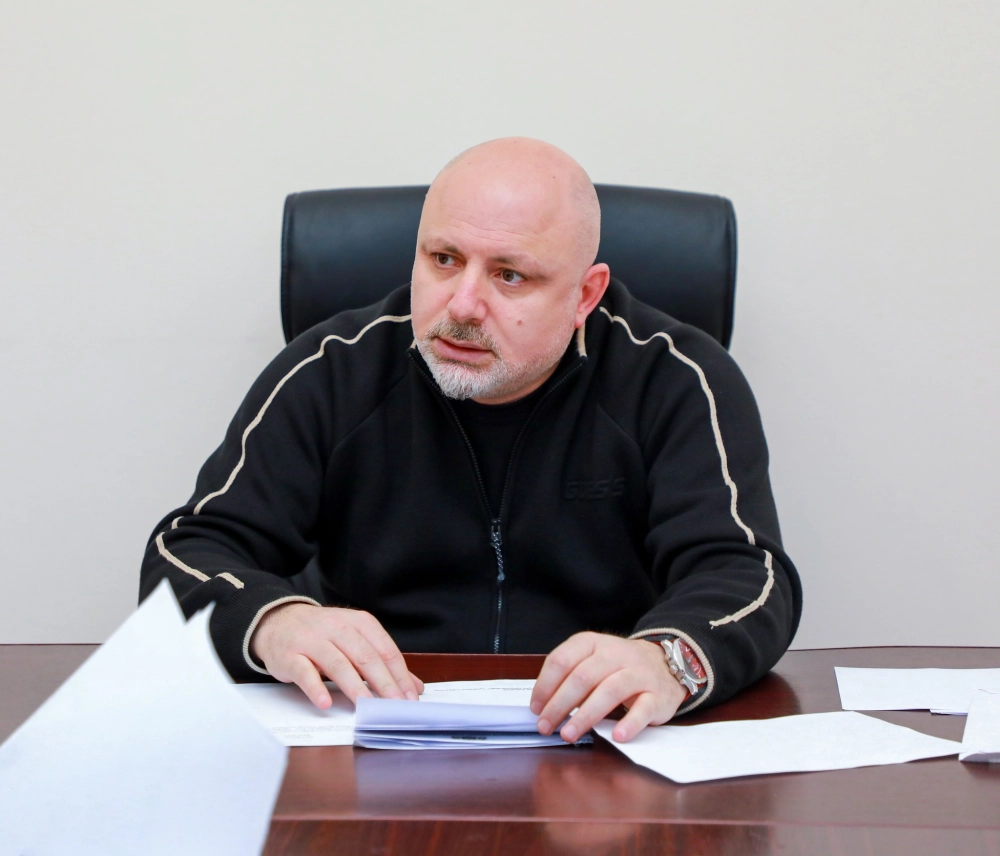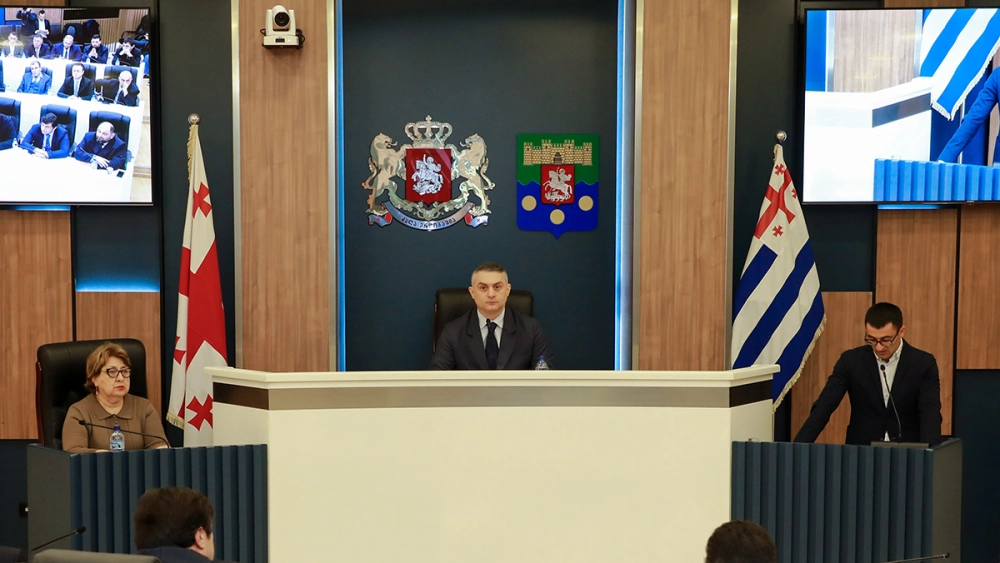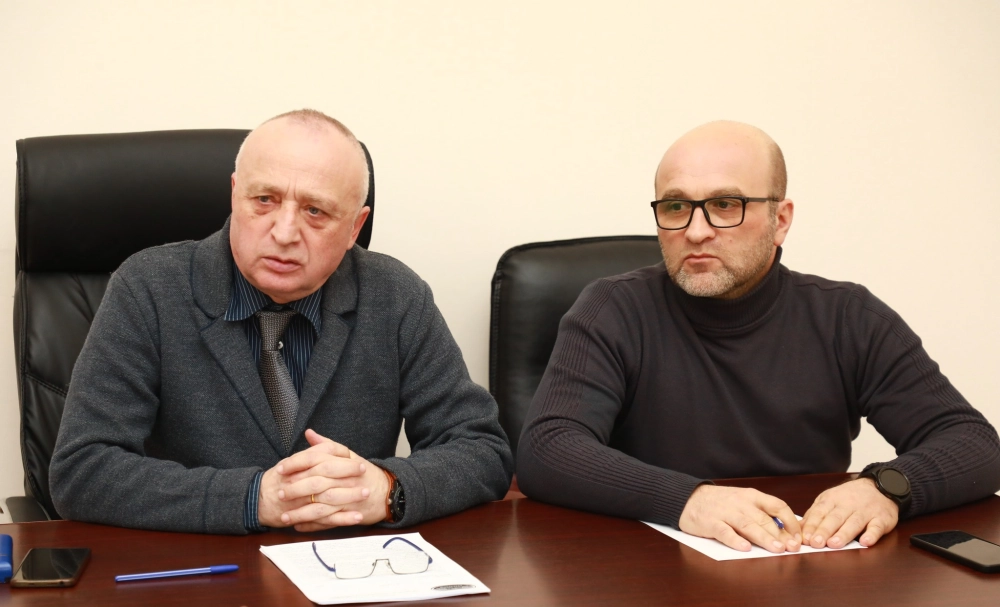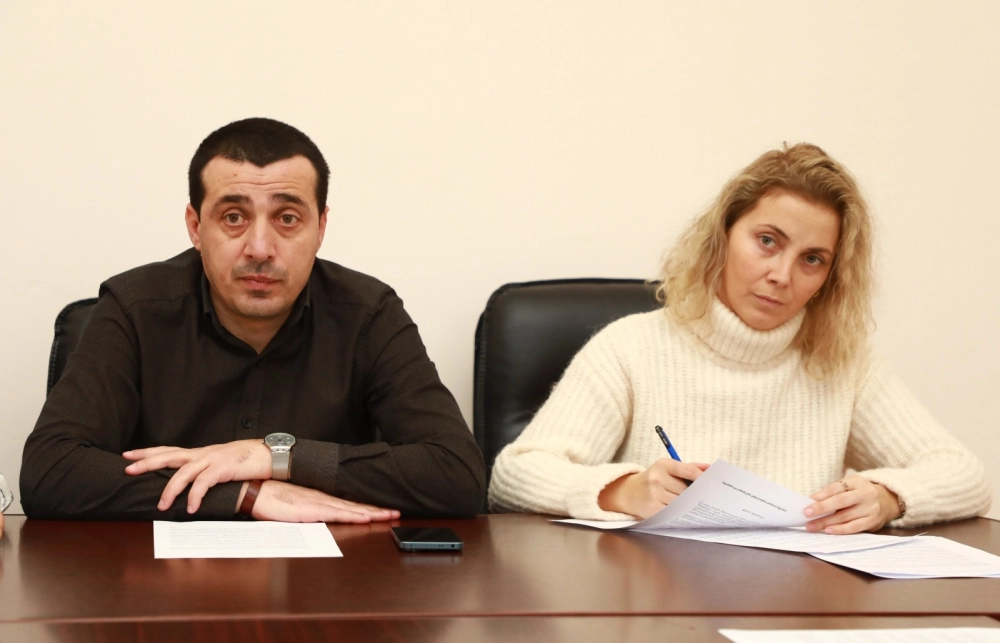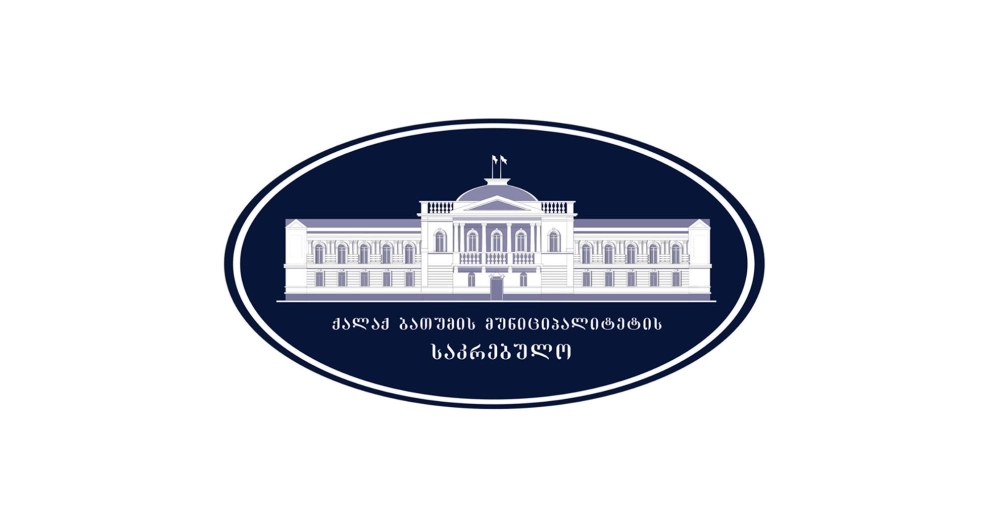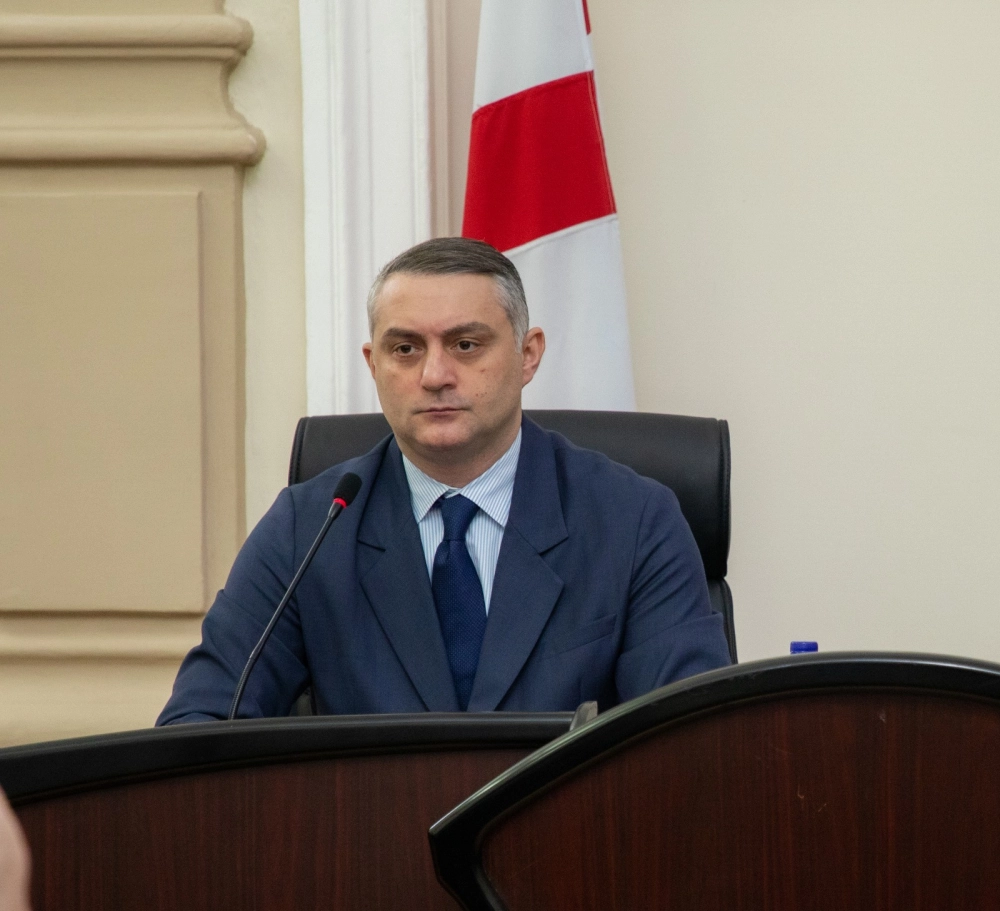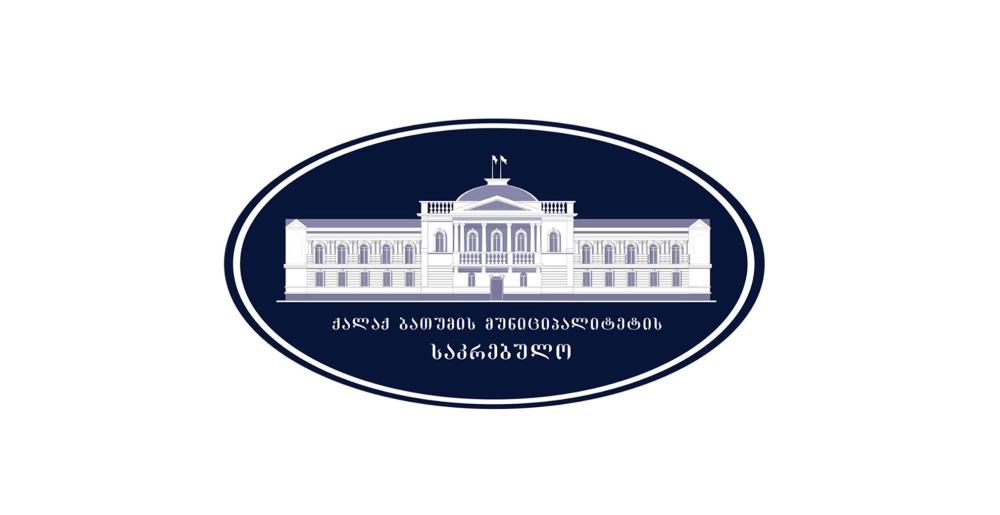
ბათუმის საკრებულოში რიგგარეშე სხდომა გაიმართა.
სხდომის დასაწყისში...
ქალაქ ბათუმის მუნიციპალიტეტის საკრებულოს რიგგარეშე სხდომის დღის წესრიგი (მის: ქალაქი ბათუმი, ლუკა ასათიანის ქ.№37, აჭარის ავტონომიური რესპუბლიკის უმაღლესი საბჭოს ადმინისტრაციული შენობა)
ბათუმის საკრებულოში დღეს გამართულ იურიდიულ და საპროცედურო...
საკრებულოს რიგგარეშე სხდომა
25 თებერვალს, 11 საათზე, გაიმართება ქალაქ ბათუმის მუნიციპალიტეტის საკრებულოს რიგგარეშე სხდომა
(მის: ქალაქი ბათუმი, ლუკა ასათიანის ქ.№37, აჭარის ავტონომიური რესპუბლიკის უმაღლესი საბჭოს ადმინისტრაციული შენობა)
